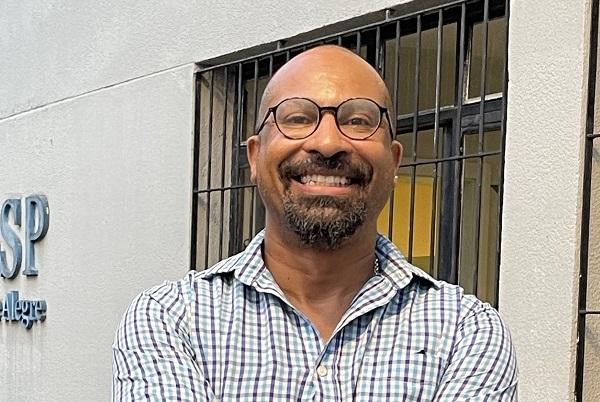O May 13 is a historic date due to the Lei Áurea that abolished slavery in Brazil. However, there is a movement that does not recognize this day from the perspective of celebration, since slavery still leaves consequences and marks for the black population in the country.
Professor and historian Léo Bento, coordinator of Instituto Camino, explains that the 13th of may was built by the elites to emphasize that the end of the enslavement process would have been achieved by the will of the Brazilian State, giving credit to Princess Isabel as a savior figure.
However, the educator emphasizes that slavery was not abolished just by signing the Lei Áurea, but through a intense resistance movement of black people who were enslaved.
From the black movement, the 13th of May also became the National Day of Denouncement against Racism. With that, the date ceases to be a celebration of the Golden Law and is considered a day to remember the struggle of black people over time.
In this sense, Léo highlights the importance of schools understanding the discussion about racism and understanding the context of dates such as May 13th.
“There are schools that believe they are excluding racism from their spaces just by developing specific actions on these dates. They think that holding an event about Zumbi dos Palmares or, mistakenly, about Princess Isabel, is enough. And it's not".
For the teacher, it is necessary that schools, teachers and other members of the school community develop a continuous work to combat to racism, which is built beyond these dates, but rather in carrying out everyday anti-racist practices.
In this year Law 10,639 turns 20, it made the teaching of Afro-Brazilian and African history and culture mandatory in all public and private schools, from elementary to high school.
Read too: The symbolic difference between the Abolition of Slavery (May 13) and Black Consciousness (November 20)
What is anti-racist education?
See in the video below Léo Bento's explanation about anti-racist education:
Do not stop now... There's more after the publicity ;)
Anti-racist practices in schools
Anti-racist practices in schools, from Léo Bento's perspective, are actions, initiatives, engagements and management processes developed in school environments to combat racism.
The first attitude to be taken by schools is the understanding that racism exists and that Brazilian society reproduces racism, he argues.

Credit: Personal Archive.
Knowing what structural racism is is fundamental in this process. For Professor Léo, it is essential that schools have black educators in their teaching staff who understand the dimension of racism and the dynamics of racial relations in society.
Another point highlighted by the historian is that it is not enough for one person to propose debates on the subject. Is required "management that involves the entire school community, including bringing families into this dialogue", says Leo.
Fostering teachers' racial literacy is interesting to ensure the formation of a decent body on the subject, according to the educator.
By Lucas Afonso
Journalist


